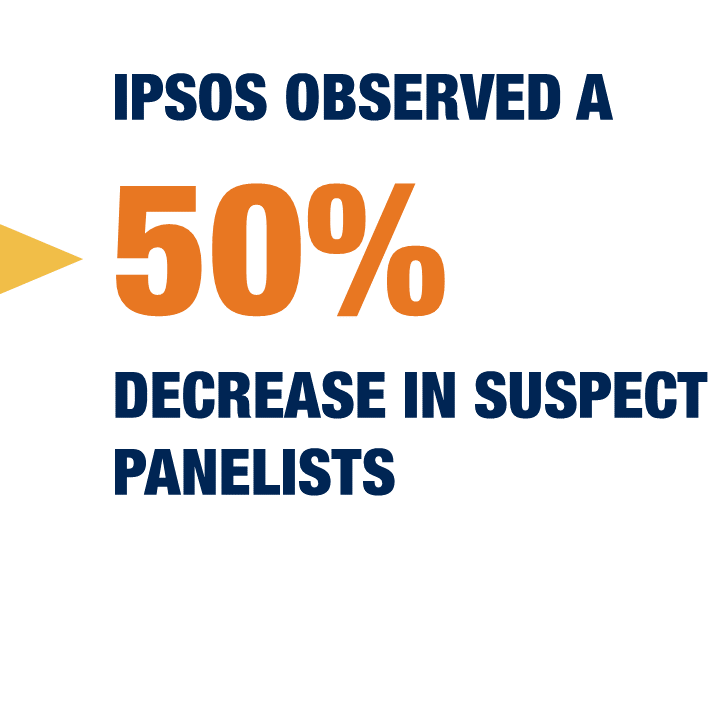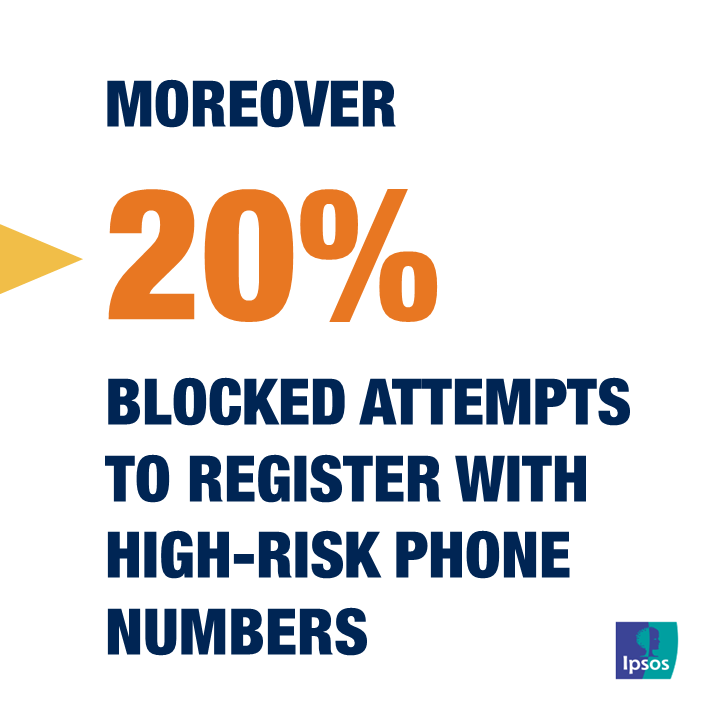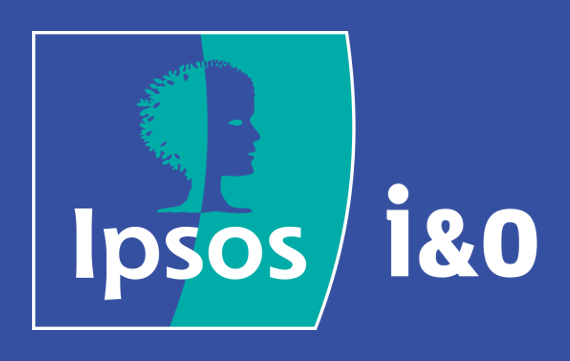The role of Multifactor Authentication in reliable research
Maintaining high-quality panels is a crucial aspect of market research, as it directly impacts the reliability and accuracy of insights. Ipsos recognizes the significance of panel quality and has implemented multifactor authentication (MFA) as one of several strategies to enhance the integrity of its research panels. This article delves into the importance of panel quality and highlights Ipsos as an example of a company taking proactive measures to uphold research standards.
Strengthening panel integrity with multifactor authentication
In the realm of reputable research firms, the significance of panel quality cannot be overstated. Ensuring the authenticity and engagement of panelists is of utmost importance for generating reliable and valuable research findings. MFA introduced during the registration process stands as a prime example of the industry's commitment to upholding research integrity. By adopting such practices, research organizations can minimize the potential for fraudulent responses and cultivate a more trustworthy dataset. Emphasizing panel integrity ought to become a shared endeavor within the industry, underscoring the collective pursuit of maintaining the highest research quality and credibility standards.
The impact of multifactor authentication on panel quality
Multifactor authentication acts as a deterrent to bad actors, significantly reducing the number of potential fraudulent panelists. In markets with a high risk of fraudulent activity, Ipsos observed a 50% decrease in suspect panelists. Moreover, the implementation of MFA blocked attempts by recruits to register using high-risk phone numbers, resulting in a 20% reduction in such recruits. These positive outcomes illustrate the effectiveness of MFA in strengthening panel quality and weeding out untrustworthy participants.
 |
 |
 |
Enhanced engagement and improved panelists
Beyond minimizing fraudulent responses, MFA has demonstrated additional benefits. Ipsos found that new recruits subjected to the MFA process displayed higher engagement levels. Compared to those without MFA, these panelists exhibited a 20% increase in their first survey click rates. This highlights the positive impact of MFA on panelist commitment and their willingness to actively participate in research activities.

Ongoing commitment to quality control
As Ipsos expands its MFA implementation to various markets, it demonstrates a commitment to maintaining the highest standards of panel quality. Furthermore, the company continuously collaborates with panel partners to ensure consistent quality control across the entire sample pool. By prioritizing these efforts, Ipsos reinforces clients' trust and confidence in their research findings.
In an industry reliant on reliable data and trustworthy insights, the importance of panel quality cannot be overstated. Ipsos' integration of multifactor authentication serves as a testament to their commitment to upholding research integrity.
As market research firms strive for continuous improvement, implementing measures like MFA can further bolster the credibility of research findings, ensuring a robust foundation for informed decision-making.


![[WEBINAR] The role of AI within Qualitative Research](/sites/default/files/styles/list_item_image/public/ct/event/2023-12/Firefly%20two%20people%2C%20one%20Artificial%20intelligence%2C%20and%20the%20other%20an%20actual%20human%2C%20leave%20space%20on%20the%20l.jpg?itok=tsnbkbFw)
